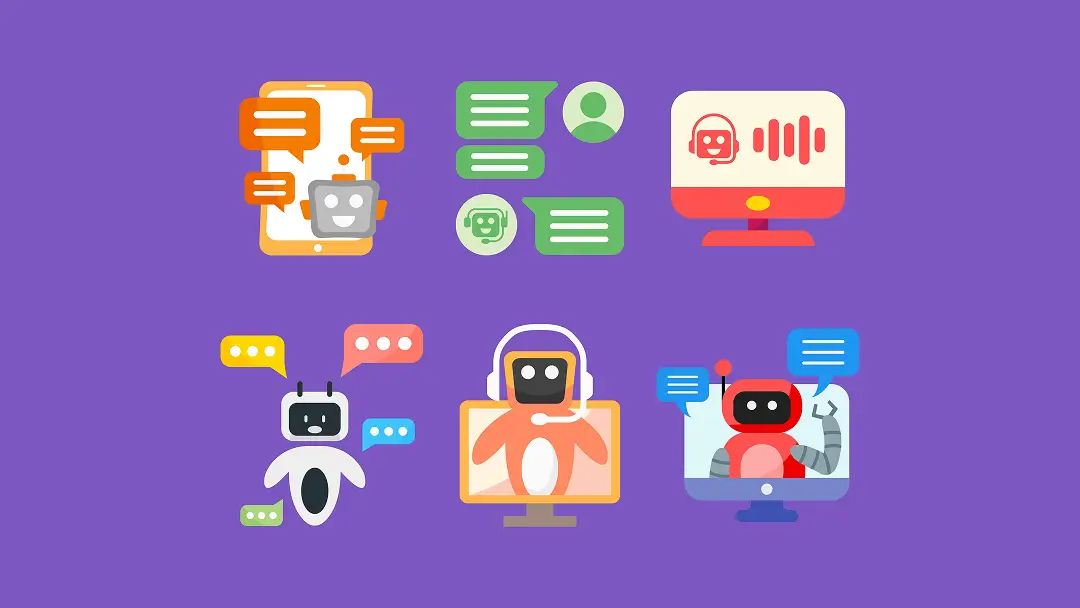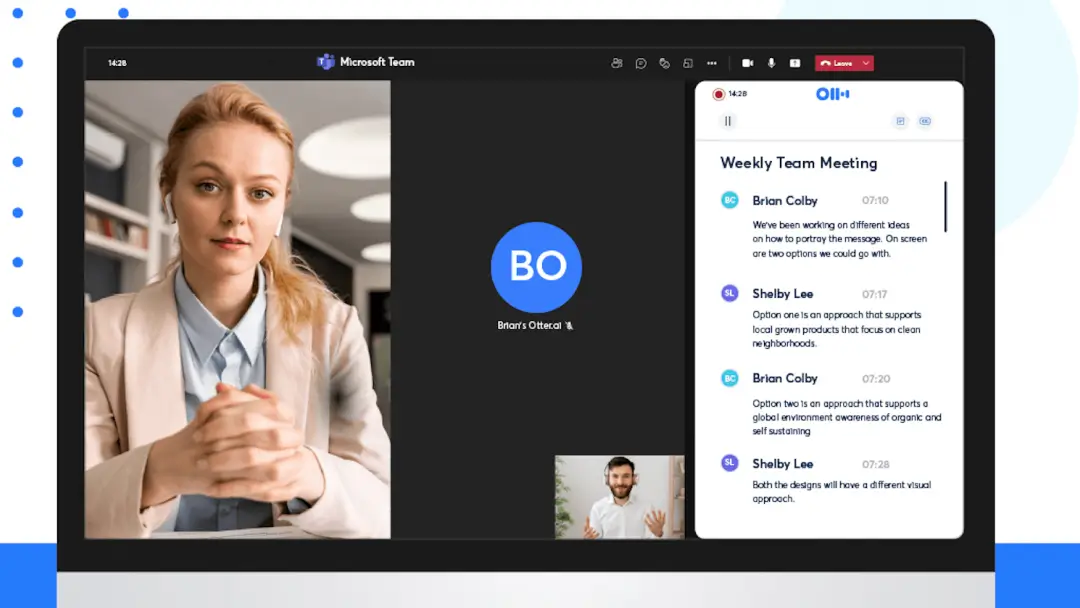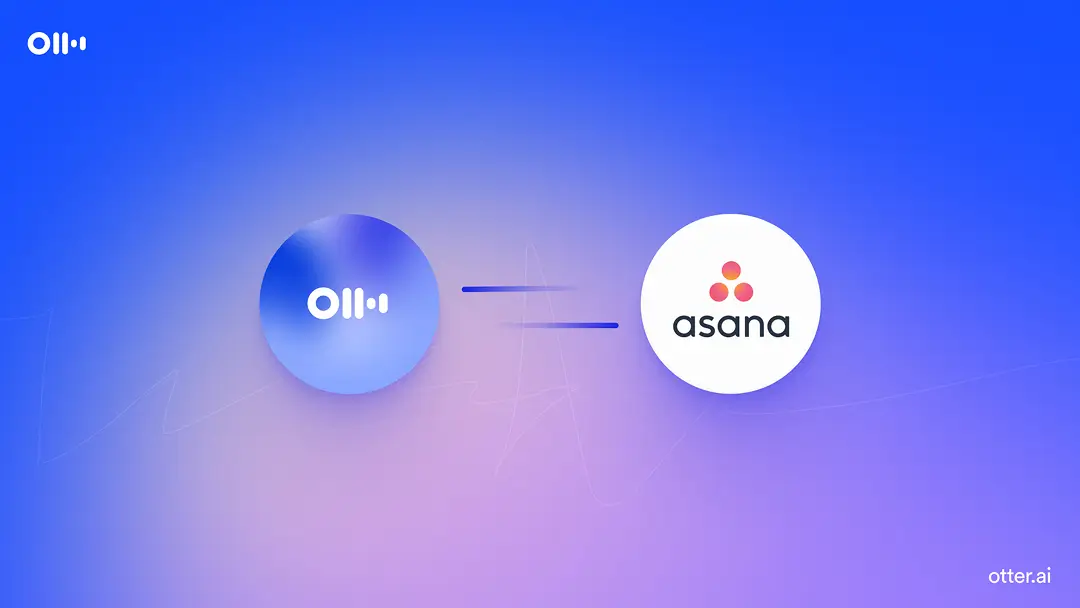The 10 Best AI Summarizers To Speed Up Your Workflow
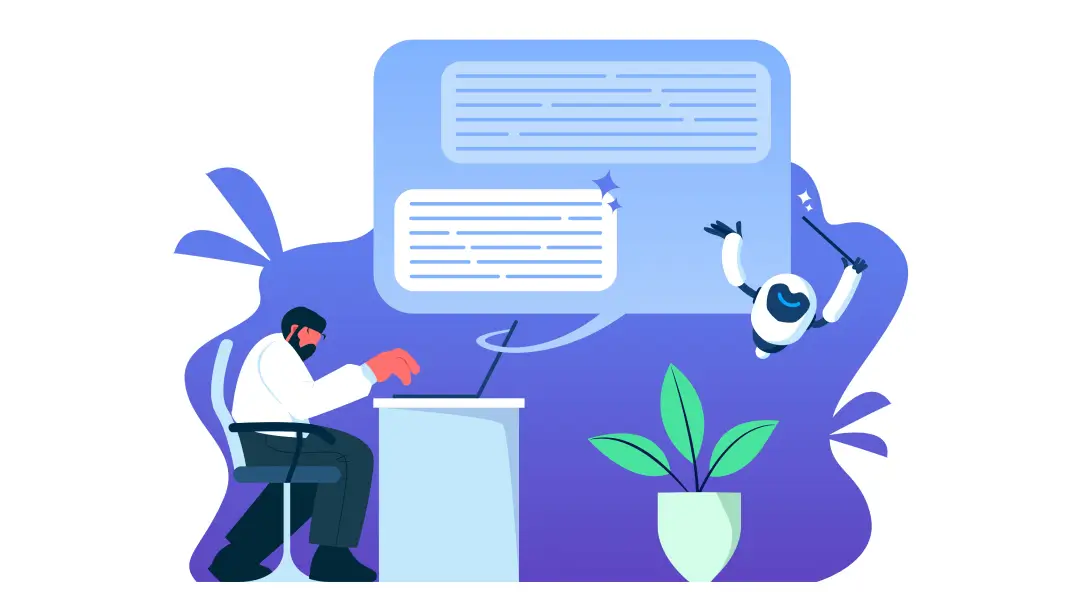
After a meeting or lecture, parsing through pages of notes can feel like it’s your full-time job. But you don’t always need every detail. Sometimes, a summary or a quick refresher does the trick.
AI summarizers do just that. These summarization tools use advanced algorithms to condense lengthy documents, meeting transcripts, and other large datasets into concise, easy-to-digest text. Think of them like a personal assistant for your information, helping you extract key points without missing the big picture.
Here’s a guide to how these tools manage information overload — plus the best AI summarizers available to make your workflow more efficient.
The 10 best AI summarizers for different use cases
When sorting through lengthy documents, research papers, and meeting transcripts, the right summarizer tool can save you hours of work. Whether you need an extra hand at work or in the classroom, these are the most popular AI summarizers to optimize your time:
1. Otter.ai
Otter.ai is an AI meeting assistant that uses AI to automatically record, transcribe, and summarize meetings and conversations. Otter automatically generates meeting summaries with action items and speaker identification. This versatile summarizer tool is a favorite of professionals and students alike, saving people time no matter where they are.
Pros:
- Offers a free plan with option for paid premium plans
- Integrates with popular platforms like Zoom, Google, and Slack (among others) to automatically record and summarize conversations
- Compatible with SalesForce and HubSpot to save sales call summaries, keeping salespeople informed during the sales cycle
- Extracts key phrases and other important words to build searchable files
Cons:
- Best for summarizing meetings and conversations rather than written documents
2. ClickUp
ClickUp is a project management tool with built-in text summarizer. It automates project summaries and updates, generating progress updates and status reports for docs, action items, and team members.
Pros:
- Automates project summaries, turning updates into easy-to-read bullet points
- Integrates with popular productivity tools like Slack, Google Drive, and Microsoft Teams
- Customizable views and templates to tailor summaries to specific projects and teams
Cons:
- AI brain and summarizing tool charged separately
- Not as effective as a meeting assistant
- Only works for written content, not meetings
3. Resoomer
Resoomer’s AI summarizer can handle web pages, long articles, and essays. It’s intended for academics, librarians, students, and other users who need to sift through long texts.
Pros:
- Free plan with a simple interface
- No download or account creation required
- Saves time sorting useful and irrelevant research
Cons:
- Niche tool for educators and students
- Struggles with long texts and complicated research
- Only works for written content, not meetings
4. Semrush
Semrush is a software-as-a-service (SaaS) platform for building and tracking progress on digital marketing campaigns. Its AI text summarizer transforms articles, text, or bullet points into engaging SEO copy.
Pros:
- AI summarizer analyzes lengthy text, identifying the most valuable information and creating copy for marketing campaigns
- Free summarizing tool doesn’t have a word limit
Cons:
- Designed for marketing and SEO-related content, lacking applicability for students or other professionals
- Only works for written content, not meetings
5. BooksAI
BooksAI is an AI-powered book summary and recommendation app that uses ChatGPT to generate book and chapter summaries. It’s useful for students who want to condense complex concepts and long texts into digestible summaries.
Pros:
- More than 40 million book summaries available
- Supports academic and professional use, extracting main themes into easy-to-understand summaries
- Choose between detailed book summary, chapter summary, and spoiler-free synopsis
Cons:
- Some reviewers point out a slow interface and incorrect summaries
- Only relevant for books, not meetings or lectures
6. Jasper
Content creators, project managers, and marketing professionals use Jasper to generate quality content. Its AI summarizer feature lets you summarize lengthy articles and documents into concise text for published content or internal use.
Pros:
- Customizable brand voice can match the tone and style of your existing content
- AI summarizer tool helps repurpose content for different platforms
- Creates summaries in more than 30 languages
Cons:
- Requires human oversight to ensure outputs match brand voice
- No free plan is available, with subscriptions starting at $49 a month per creator
- Only works for written content, not meetings
7. Copy.AI
Copy.ai is a creative content tool with a summary generator for marketing campaigns, blogs, and social media posts. It’s a useful tool for content creators who want to optimize their workflows with easy-to-edit copy.
Pros:
- More than 90 content templates, including LinkedIn summaries, confirmation emails, and character bios
- Easy-to-use interface
Cons:
- Not ideal for technical or academic summarization
- Only works for written content, not meetings
8. Notta
Notta is an AI-powered transcription and summarizer tool with audio-to-text capabilities. It records, transcribes, and summarizes texts, helping users generate summaries and organize spoken content into actionable items.
Pros:
- Supports 58 different languages
Cons
- Limited free plan
- Not as accurate as other options
- Lacking the numerous features of other products, like Otter
- Only works for written content, not meetings
9. Scholarcy
Students, academics, and researchers turn to Scholarcy. The AI article summarizer transforms papers and reports into key takeaways. Scholarcy uses a mix of extractive and abstractive summarization to create factually accurate summaries that can be linked to their sources.
Pros:
- Automates source citing
- AI summarizer tool identifies key terms and knowledge statements
- Summarizes web, PDF, Word documents, and PowerPoint, among other formats
Cons:
- Not useful for users who need to summarize articles and texts for non-academic or research purposes
- Only works for written content, not meetings
10. Quillbot
Quillbot is an AI summarizer designed to improve students’ and professionals’ writing. It uses natural language processing to condense text and generate outlines.
Pros:
- Creates citations in APA, MLA, and Chicago style formats
- Premium version includes a word counter, AI-powered proofreader, and spell-check
- Capable of identifying errors and plagiarism
Cons:
- Limited to text input, lacking audio and video summarizing features
- Many features are locked behind a premium subscription
5 things to consider when choosing the best AI summarizer
With so many niche AI summarizer tools, finding the right one depends on evaluating your specific needs and workflow. Here are some essential factors to keep in mind when evaluating your options:
- Price: Beware of summarizers that require pricey subscriptions for advanced options, like abstractive summaries, long word counts, or integrations. While there’s nothing wrong with paying for the service, consider your budget and whether the tool provides good value for extra features.
- Ease of use: The best summarizer tools are intuitive and don’t require too much setup. Look for an AI summarization platform with user-friendly interfaces and clear tutorials to save your team time and reduce frustrating learning curves.
- Supported content types: Every tool excels in different formats. Some are designed to summarize long texts with dense information, while others cover meeting recordings and straightforward web content. Choose the tool that matches your needs.
- Integration: Make a list of the platforms you use, such as project management tools, customer relationship management (CRM) software, or cloud storage. Tools that summarize texts should fit right into your existing workspace. Robust integrations prevent knowledge silos and help data flow smoothly across your workflow.
- Abstractive versus extractive AI: Abstractive summarization tools create new sentences that capture the original text, while extractive summarization pulls sentences directly from the text. Creators who need paraphrasing tools to develop original content from their summaries may find abstractive summarizers more effective, though it’s all up to your needs.
Elevate your workflow and summarize with Otter
The search for the perfect meeting summarizer is over. Otter.ai’s meeting summary features save time and keep your entire team on the same page — and then some.
With Otter, you and your collaborators receive automated summaries after every meeting, complete with key discussion points, slides, and next steps. Plus, Otter extracts keywords to make your meeting summaries searchable. Let Otter capture the details so you can focus on the conversation.





